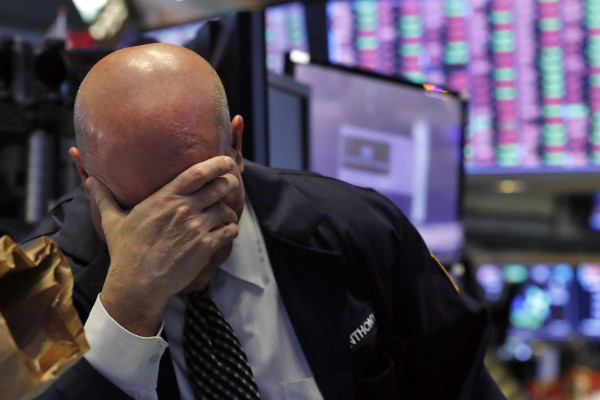

With most of the sectors on a sharp downward spiral, the main consideration for most fund managers right now is the strength of a company’s balance sheet, according to Peter Toogood.
The chief investment officer at Embark Group, who has the same role at The Adviser Centre consultancy, said the current crisis was "far worse" than 2008 because the whole chain of economic activity was broken.
He said: “There has been an almost complete cessation of economic activity, no one has seen this before.
"I guess the big difference between now and the flu pandemic in 1918, which is the last time something of this magnitude has happened, [...] is we can do the whole working from home thing now.
"There is a vacuum out there, fund managers generally calculate the price of a stock by looking at the price to earnings ratios, but how do you do that when the earnings are in a vacuum?
"And the thing is the US market in particular was already at a very high price to earnings multiple.
"What we are hearing from fund managers is the only thing they are looking at with companies they might invest in is balance sheet, they want to know companies have cash and can raise cash. And the next thing they want is quality management of these companies."
He said one segment of the market that had performed relatively well since the sell-off began was US technology.
Mr Toogood said this is because those companies had large balance sheets and plenty of cash to tide them over.
He said the problem for fund managers was that the uncertainty about company earnings would be a feature of the next year, regardless of how long the crisis lasts, making it difficult to see how the market could recover to even average price to earnings multiple levels.
Justin Onuekwusi, head of retail multi-asset investing at Legal and General Investment Management said the market was already pricing in a recession and a significant increase in the number of people affected by the virus, but there was uncertainty about whether the financial system itself would be structurally damaged.
He said: “There are areas of the market that look attractive and we are moving to the point where we would like to be neutral, rather than negative on markets, but what we want to see is how the financial system copes, at the moment that is what the markets don’t know.”
Central banks around the world have been cutting interest rates and pumping cash into the system via quantitative easing as a way to increase liquidity in financial markets, and prevent them seizing up.
Duncan Lamont, head of research and analytics at Schroders, said the effect of the recent sell-off had been to make “every market look cheap.”
He said: “Markets have fallen to such cheap levels because the hit to economic growth that is set to be inflicted by the coronavirus is so hard to quantify. And uncertainty is what markets hate most. As a result, markets are likely to remain turbulent and further declines cannot be discounted.
"Specifically, in relation to the figures above, forward earnings expectations have yet to be reduced by much but such reductions are inevitable. Dividends are also likely to come under pressure.
"Risks abound but, for those who have a long enough time horizon, valuations are unequivocally more appealing than at any point in recent years. The problem is that, while uncertainty persists, they could become even cheaper. It is not the time to be recklessly bold but, if you have a long enough time horizon, the stock market is starting to look a much more interesting proposition.”
david.thorpe@ft.com




